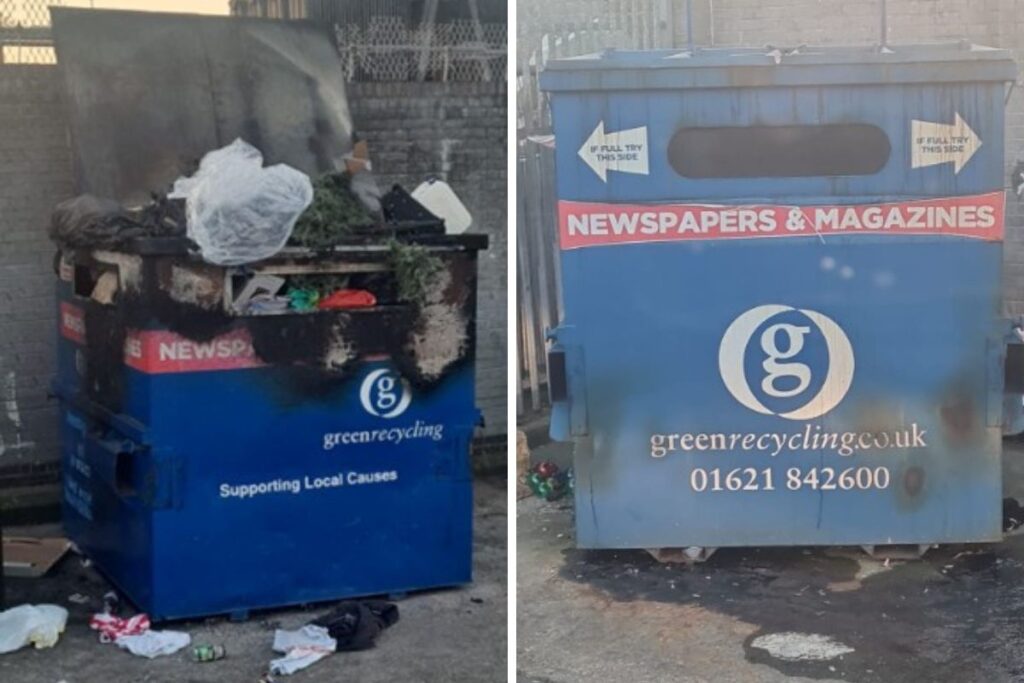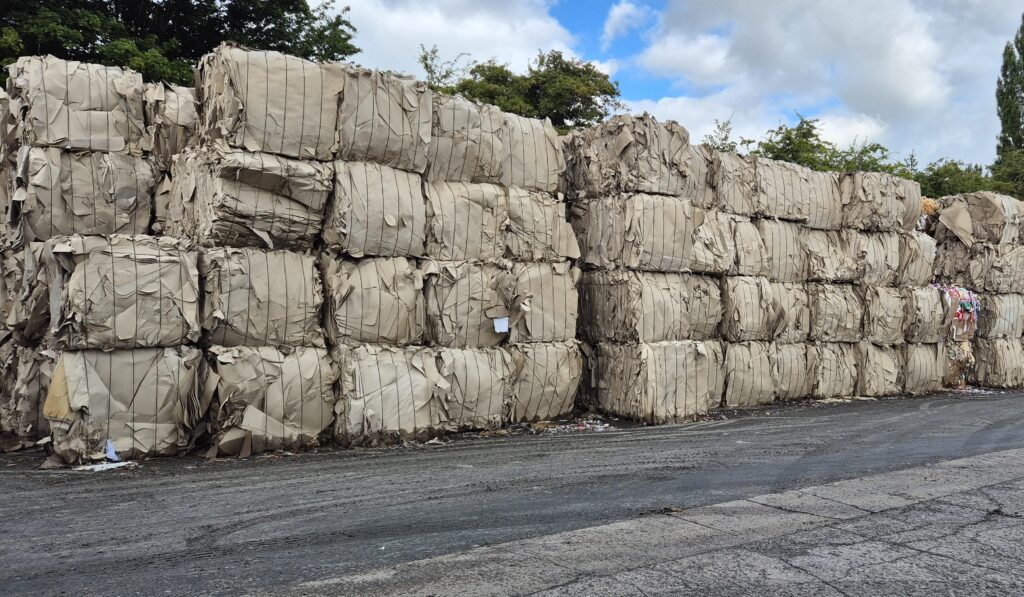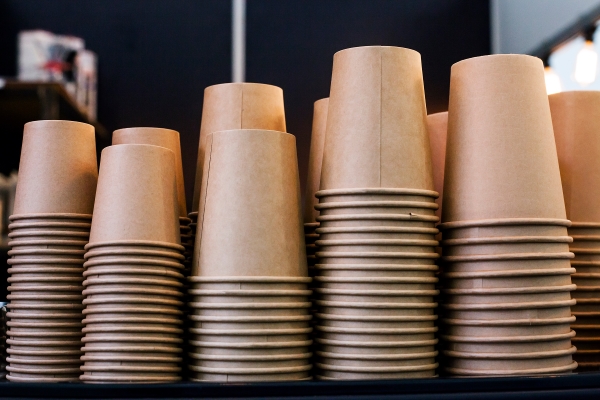The announcement of the closure of one of the two paper machines at the Wansbrough paper mill came alongside a positive pre-close financial statement for 2005/06, from DS Smith, which owns St Regis and Severnside Recycling.
” The net cost of the group's key raw material for paper production, waste paper, is continuing to increase “
– Tony Thorne, DS Smith plc
The company noted that its results – for the year to 30 April 2006 – will show improvements in performance in its paper division, although these have been knocked back by higher energy costs. The statement also revealed that the Spicers office supplies division has performed badly in the UK and the group’s plastic packaging group is facing restructuring.
Tony Thorne, DS Smith group chief executive, emphasised how restructuring within the paper and board division was bringing positive results aside from the energy costs increases. This is because price rises have been imposed for finished product and the company is optimistic that this will also feed through to box-making. Price increases of about 20% have been gained for CCM (corrugated case-making material). However, the company needs to push up box prices as its work is broadly split between boxmaking and production of CCM. An increase in price of about 10-12% is being sought for boxes.
Restructuring
The paper division restructuring has already seen the decision to close the Sudbrook paper mill in Monmouthshire, which will involve an exceptional charge of 22 million. The company said today that “this closure was part of our strategy in paper to withdraw from unprofitable capacity in order to concentrate on mills with a long-term future, including our principal mill at Kemsley, which is ranked in the top quartile of European CCM mills in terms of cost-competitiveness.”
Commenting on the likely results, Mr Thorne said: “Paper price increases have stuck and we are achieving increases in boxmaking. Rationalisation is complete and our continental operations are doing well.”
| Related links: |
He added that significant action “including the closure of capacity” has been taken to mitigate the higher energy costs. Mr Thorne also noted that the paper business had benefited from increased sales of higher added-value plasterboard liner whereas slower UK retail sales had reduced demand for corrugated packaging.
The chief executive also pointed to pressure on waste prices. “The net cost of the group's key raw material for paper production, waste paper, is continuing to increase as a result of rising demand from Asia and the falling value of packaging recovery notes (PRNs).”








Subscribe for free